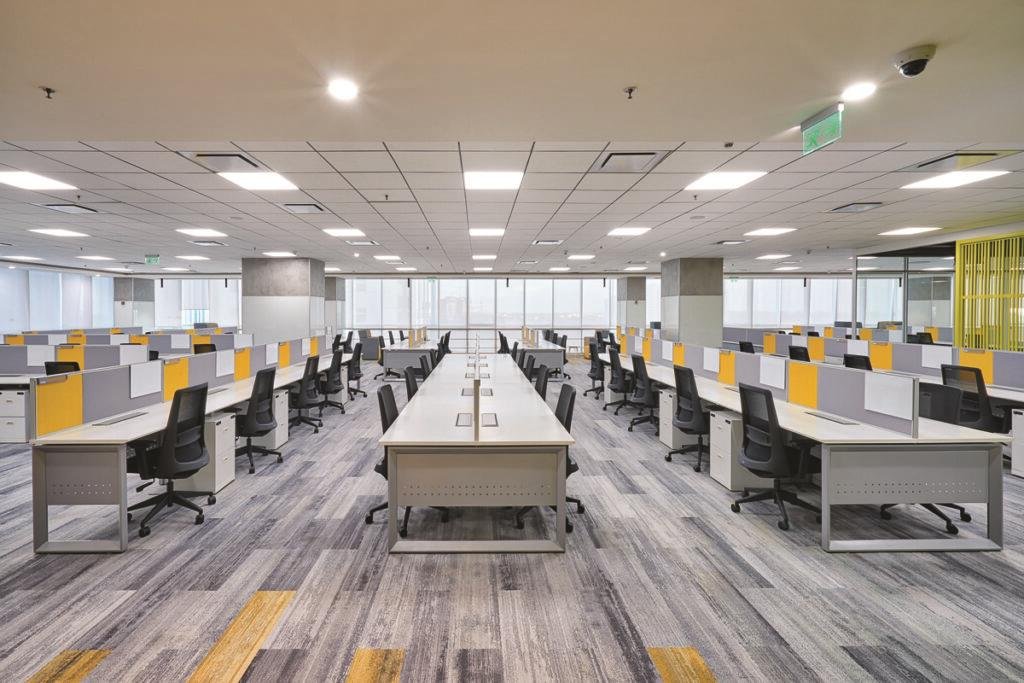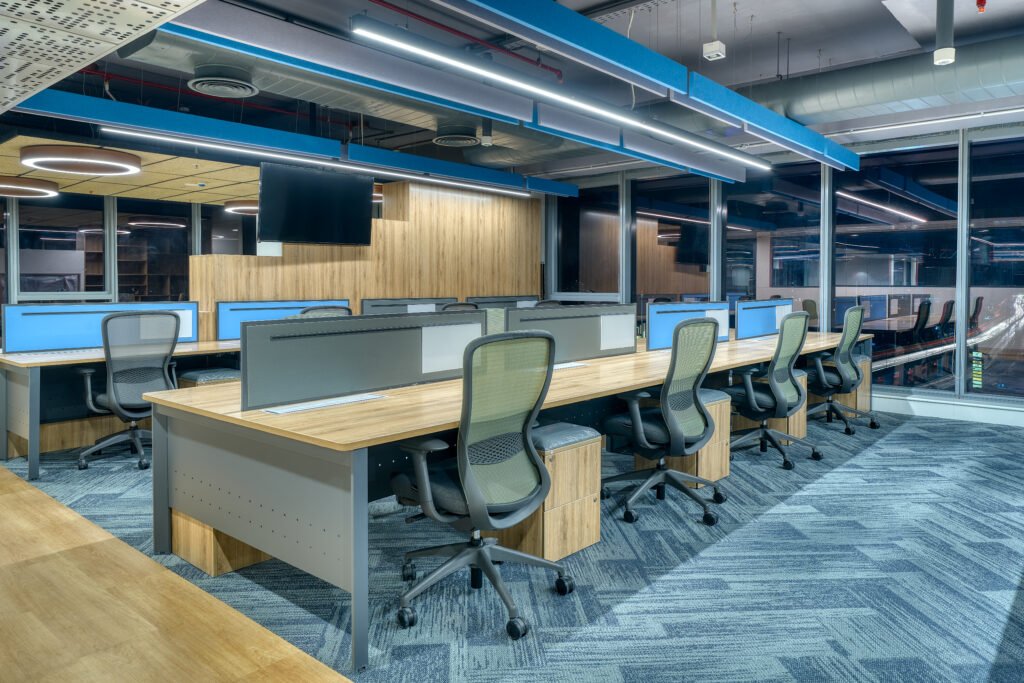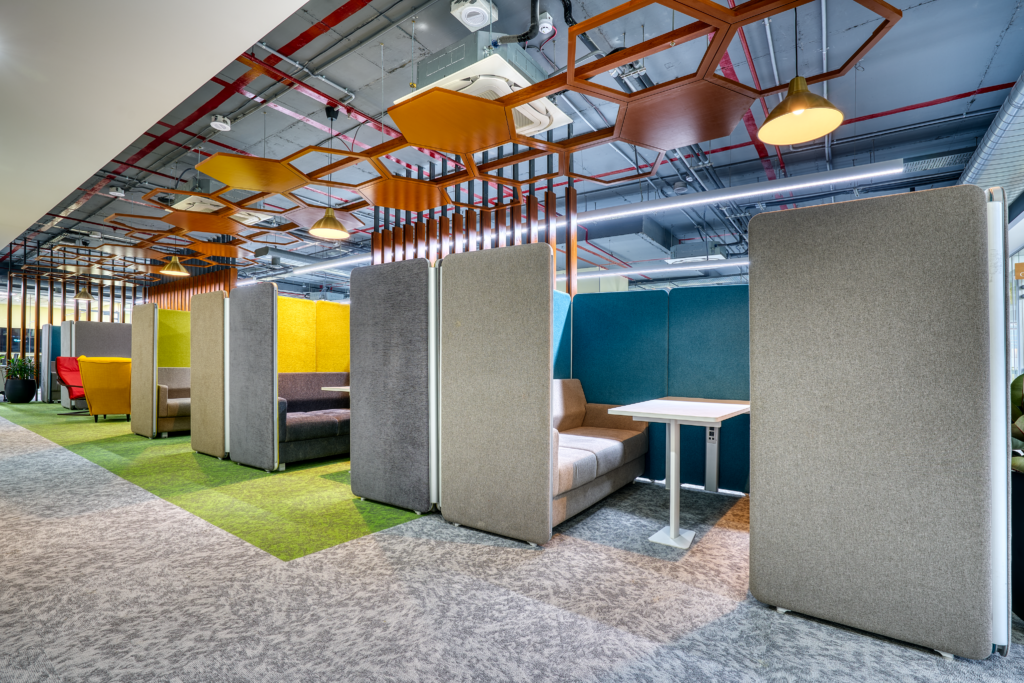Since The COVID-19 pandemic, numerous companies have accelerated towards remote work, with many
businesses forced to adopt work-from-home policies for safety reasons. This has shown that remote work is
a viable option for many jobs and that employees can be productive and collaborate effectively without being
physically present in the office.
However, it’s unlikely that remote work will completely replace the office environment. Many people still value the social interaction and sense of community that comes from working in an office, and there are certain tasks and activities that are better suited to being done in a physical space. As a result, many companies are likely to adopt hybrid models that allow employees to work from home part of the time and come into the office for meetings, collaboration, and other activities that require face-to-face interaction. In addition, the nature of office spaces is likely to change. Offices may become more focused on collaboration and team-based work, with fewer individual workstations and more shared spaces and meeting rooms. They may also incorporate more technology and flexible design elements that can adapt to different work styles and activities.

Furniture plays an essential role in increasing collaboration and productivity in the workspace.
Collaborative spaces are essential for team-building and fostering creativity. Furniture like open benches,
couches, and lounge chairs can encourage employees to work together and collaborate on ideas.
Ergonomic chairs and desks can help improve employees’ posture, reducing the risk of pain and discomfort.
This, in turn, can increase their focus and productivity by helping them stay comfortable throughout the day.
Modern furniture like modular desks and adjustable workstations can provide employees with the flexibility to
adjust their workstations to meet their unique needs. This can help reduce distractions and increase
productivity by providing a comfortable, personalized workspace.
Comfortable seating can help reduce stress and promote relaxation, which can be critical for increasing
productivity. When employees are comfortable, they are more likely to remain focused and engaged in their
work.
Overall, well-designed furniture can make a significant impact on the overall functionality of a workspace. It can help create a more collaborative, productive, and comfortable environment that promotes employee well-being and engagement





